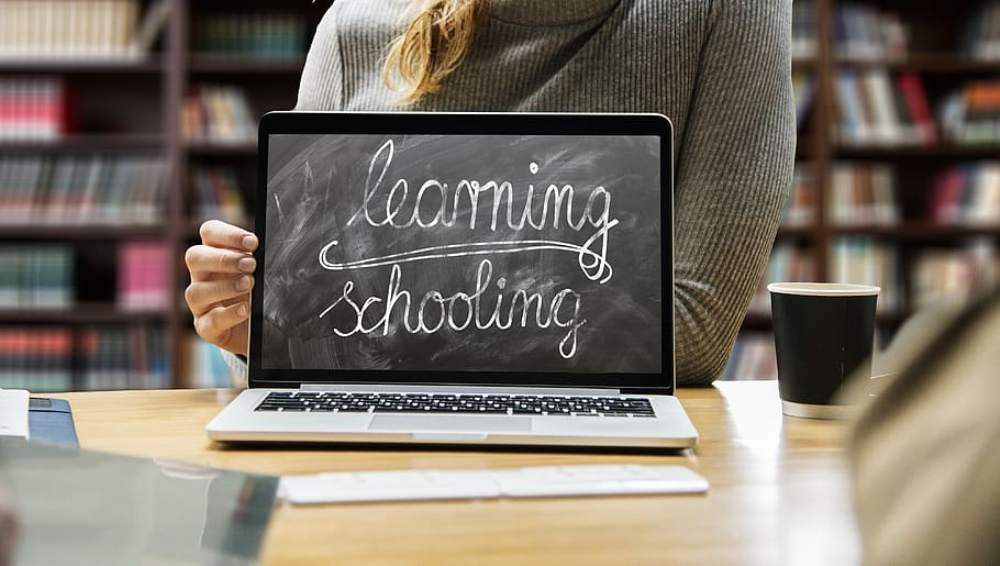The ongoing coronavirus pandemic has led to one of the largest and quickest reorganisations of the world order. As of May 2020, it had already spread to over 185 countries and resulted in the closure of over 90 percent of all schools, colleges and universities, impacting close to 1.38 billion students. Out of this massive number, 320 million are from India (source: Brookings Education), making it an overwhelming one in every four students.

The collapse of the Indian education sector has also brought out the socio-economic class divide prevalent, but overlooked in India. While private schools have gradually taken to an online platform in an effort to continue classes virtually, most public schools are unable to do the same. Since the Indian education system is highly reliant on the public education sector, various issues have surfaced such as an absence of basic infrastructure and a lack of adequate training or skill for teachers to conduct online classes, and the unsuitable nature of the curriculum taught in schools to be adopted onto an online platform, to name a few. The National Sample Survey conducted in 2017-18 reported that only 23.8 percent of all Indian households had access to the internet. In rural households (which is 66 percent of the Indian population), that number dropped to 14.9 percent, while in urban households, 42 percent had access. The study also revealed that men are the primary users of the internet-16 percent of women had access to mobile internet, as compared to 36 percent of men. Internet access for the younger generation is even less, with a recent news report stating that only 12.5 percent of students had access to smartphones.
The postponement of many board examinations, college entrance tests and internal school examinations has caused utter chaos and confusion, derailing many meticulously planned academic plans. The feeling of uncertainty about one's future, especially when it comes to one's education, isn't something that is easy to deal with and can take a heavy toll on an individual's mental health. To truly understand the gravity of the situation, one needs to look at the disturbing case of a class IX girl from Malappuram, Kerala, who ended her life over lack of access to online classes.
An old adage says 'it takes a village to raise a child.' The sudden change brought about by the pandemic has taught us that we must empower and equip the village to teach the child as well. Improving the education system requires a decentralized, democratic, community-based approach, where community ownership of education is cultivated. For this to happen, it is necessary to hire local teachers (with adequate minority and female representation), which increases teachers' accountability to children's families and their ability to empathize with students' lives. If COVID-19 school closures and their related challenges with distance learning have taught us anything, it is that we must liberate learning from outdated curricula and the disproportionate emphasis on information transfer.